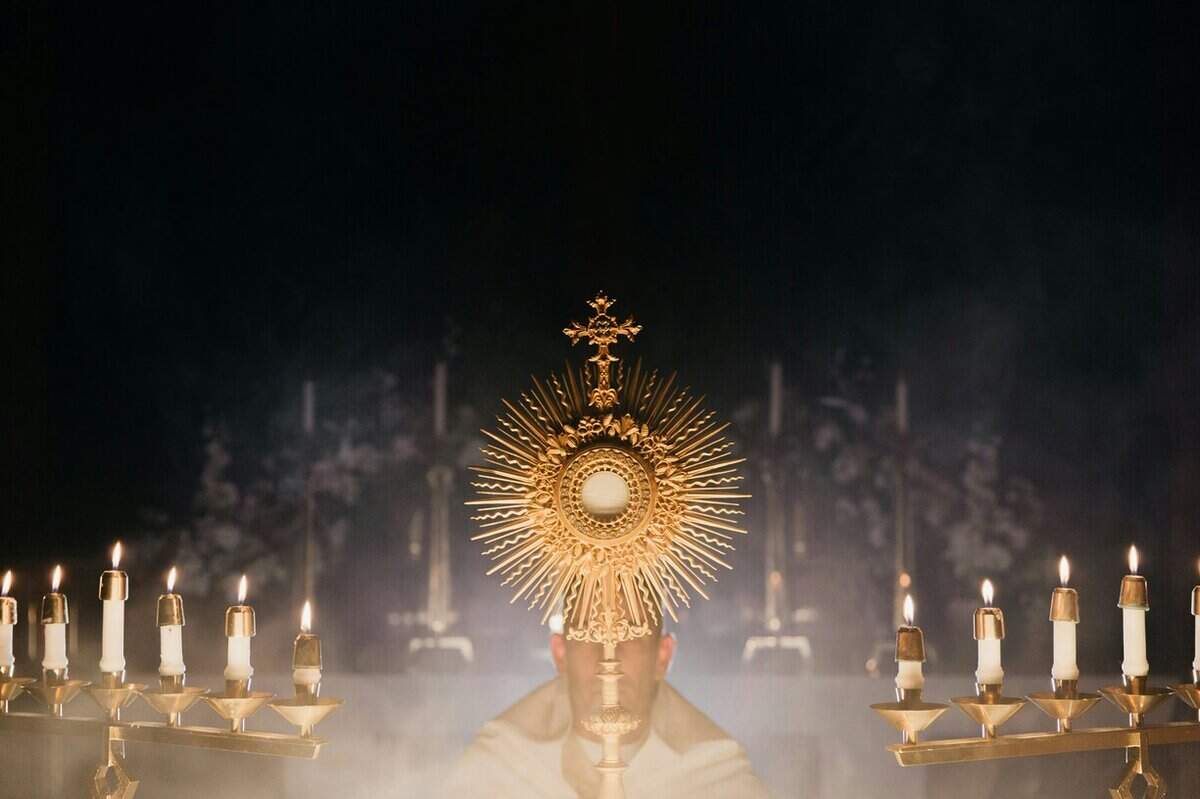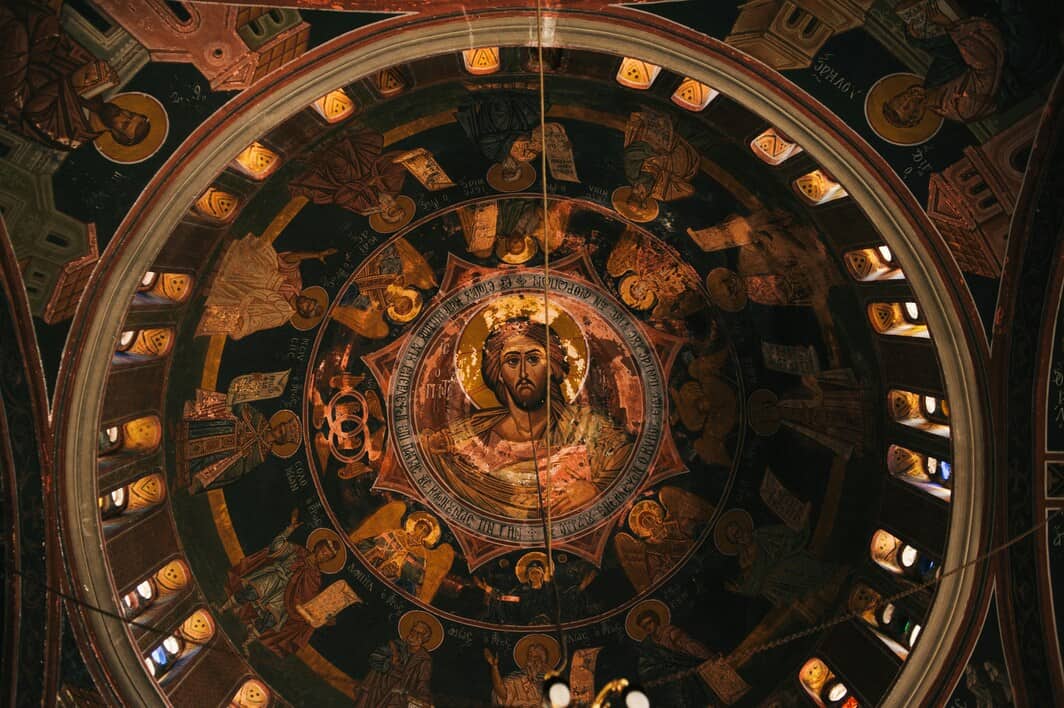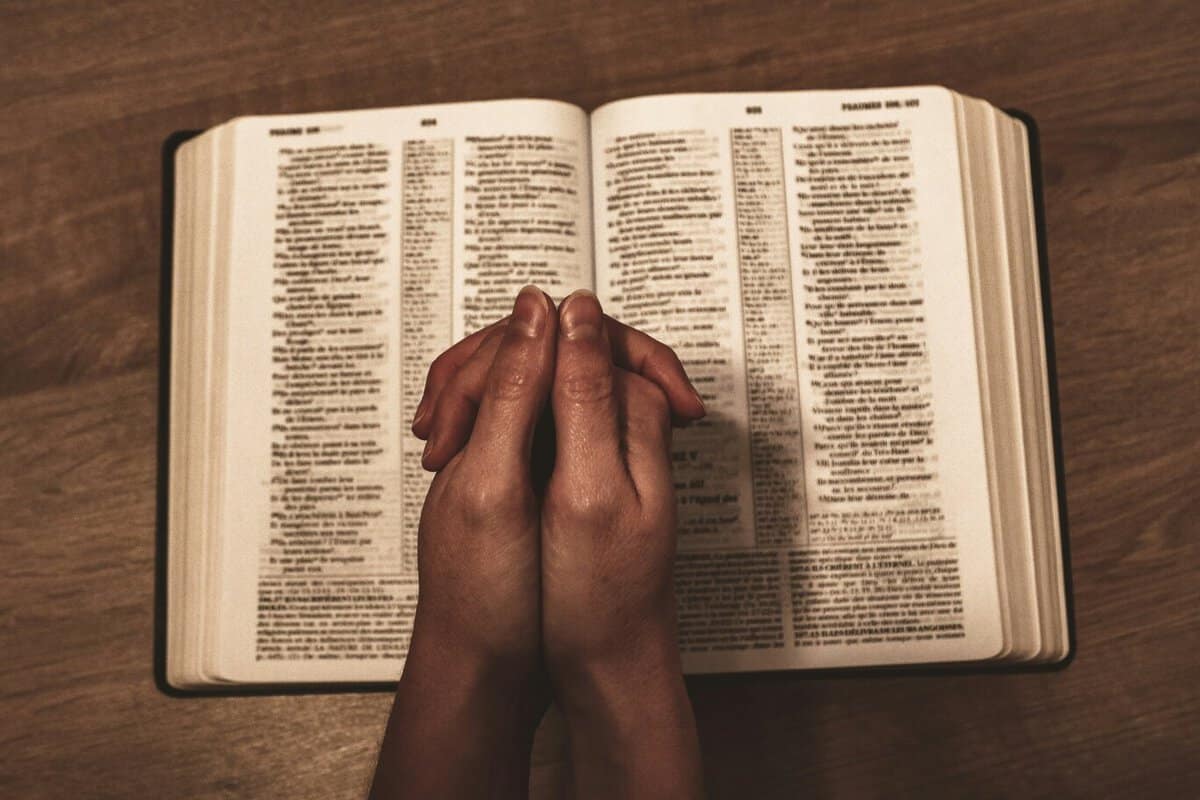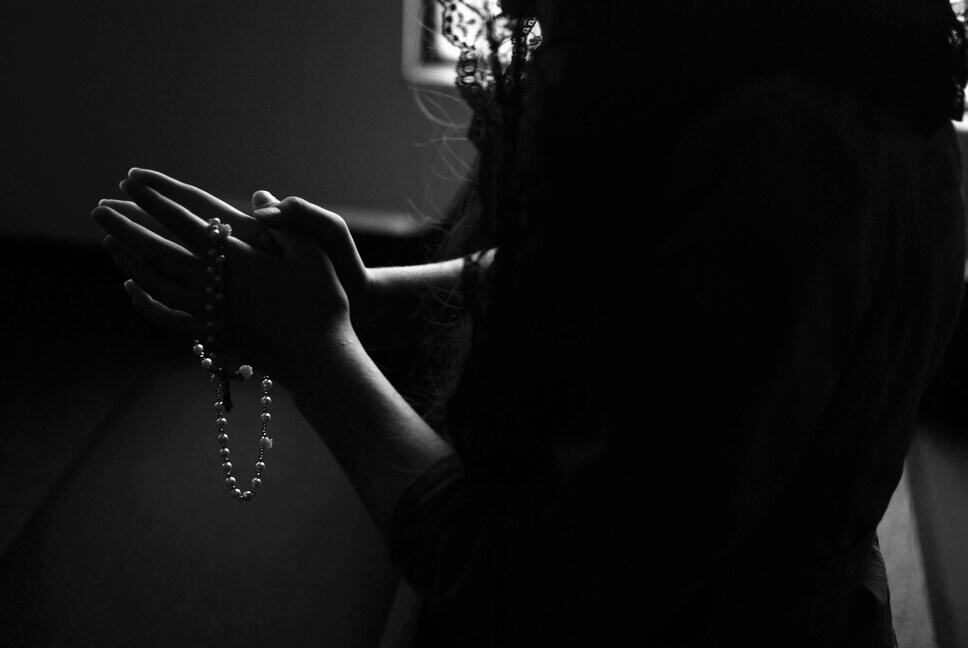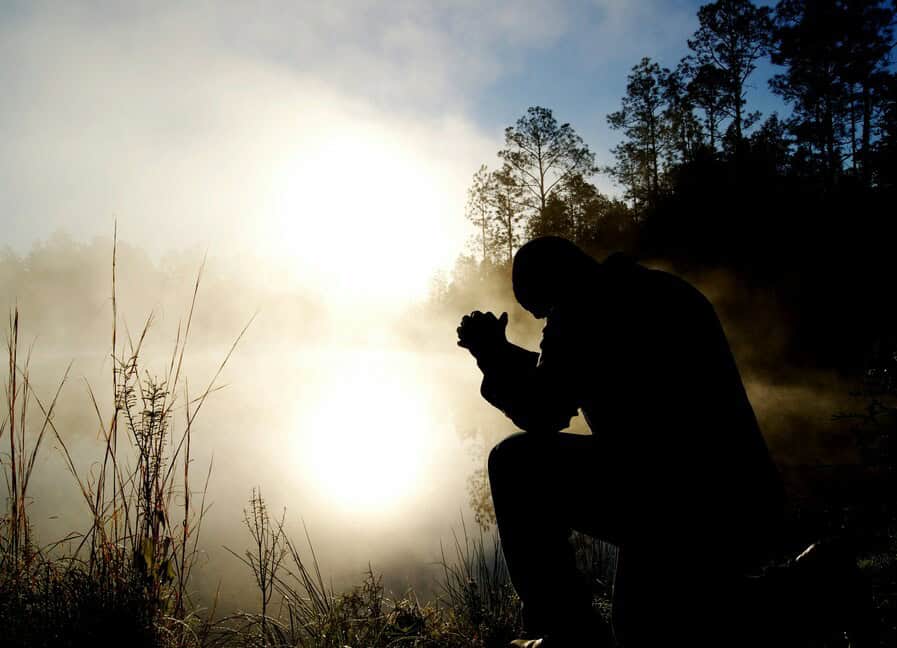Christianity is an expansive faith that’s been around for over 2000 years, and during that time, many different denominations have emerged.
You must have heard of some like Catholic or Baptist, but most people don’t really know what sets these groups apart.
がある。 subtle differences in how they understand the Holy Book, worship, leadership, and what they think is most important in faith.
They all share core beliefs about Jesus Christ and the Bible, but each one has something that makes it stand out.
1. Roman Catholic Church
The Roman Catholic Church is the biggest Christian denomination worldwide, with over a billion members.
What sets it apart is its leadership structure, centered on the Pope in Rome, who’s seen as the spiritual leader of all Catholics.
The ritual tradition within Catholicism is rich, with many sacraments and teachings that come both from the Bible and the later tradition.
Catholics also honor saints and the Virgin Mary.
This church boasts a long history as it dates back to early Christianity. Also, church authority and traditions are held in the highest regard, right alongside scripture.
2. Eastern Orthodox Church
The Eastern Orthodox Church split from the Catholic in 1054, and it’s also deeply rooted in tradition.
It’s known for beautiful liturgies, rich religious art, and a strong sense of continuity with early Christianity.
Unlike the Catholic Church, the Orthodox doesn’t recognize the Pope‘s authority.
Instead, it has a group of leaders called bishops, with the Patriarch of Constantinople as a “first among equals.”
Mystery and tradition are very important in this denomination, though its theology is quite similar to the Catholic.
The main differences are found in understanding the Holy Spirit and church authority.
Its ancient rituals and distinct (Byzantine) liturgical style really set it apart.
3. Protestantism (Broad Category)
Protestantism isn’t a single church but a huge umbrella of many different groups that broke away from the Catholic Church during the 16th-century Reformation.
They typically emphasize reading the Bible directly and the importance of individual belief.
Protestant Christians usually reject some Catholic traditions, like praying to saints or the church hierarchy.
Instead, they focus on a personal relationship with Jesus and the authority of scripture.
At a certain point in history, literacy among the common people began to flourish, and so individual scripture reading became popular.
Because it’s so broad, there are many different types of Protestants, and the denominations described below are all part of the Protestant group.
4. Anglican Communion
The Anglican Communion, including the Church of England, is kind of a bridge between Catholic and Protestant ideas.
They have a formal liturgy, bishops, and sacraments, but also emphasize scripture and personal faith.
They don’t have a pope; instead, the head of the church is the Archbishop of Canterbury.
This church is known for being フレキシブル – some parts are very traditional, while others are modern.
Some see it as the perfect middle because it values both tradition and free reason.
They uphold the core Christian beliefs, but they are very diverse and open to different styles of worship.
5. Lutheranism
Lutheranism started with Martin Luther, who challenged many Catholic practices in the 1500s.
What makes this denomination special is its focus on salvation by faith alone and the idea that the Bible is the ultimate authority.
They also believe in the real presence of Jesus in the Eucharist, but their understanding is different from Catholics.
Lutheran worship tends to be 伝統的, with hymns and liturgy, but they’re also open to including modern music.
They stress that God’s grace – the salvation – is a given for any believer, and that good deeds aren’t a condition.
They’re known for their strong musical tradition and focus on scripture.
6. Calvinism
Calvinism, part of the Reformed tradition, was founded by John Calvin での 1500s.
They’re known for the doctrine of predestination – the idea that God has already chosen who will be saved.
They believe that God doesn’t rely on church leaders and that salvation is entirely up to His grace.
Due to this, they also believe good deeds are not required since it’s already been decided who’ll be saved.
Reformed Christian churches often have a simpler style of worship, focusing on the sermon and scripture. They believe in the authority of the Bible and God’s control over everything.
Their ideas have influenced many other denominations, but their understanding of God’s power and predestination makes them stand out from the rest.
7. Baptist Churches
Baptists believe that the rite of baptism should be chosen by each individual. That’s why they don’t believe in baptizing infants.
Instead, when a person is old enough to consciously choose to follow イエス, they participate in this rite of passage.
They strongly believe in religious freedom and local church independence, meaning each church is self-governing.
Baptist Christians emphasize the authority of the Bible and personal faith, and their style of worship is mostly simple.
Many of them also value evangelism and sharing their faith with others.
They reject any church hierarchy that controls local churches.
Their emphasis on individual decisions and scripture makes them one of the most widespread Protestant groups.
8. Methodist Churches
Methodism started with John Wesley in the 1700s.
Methodists are focused on personal holiness, social justice, and practical Christianity.
They believe in salvation through faith and good deeds, and they emphasize the importance of living a godly life every day.
Their worship can include singing and preaching about 個人的成長.
Caring for others and making a positive impact on society is also a part of their mission.
Their approach is open-minded and their worship flexible, though they still uphold the core principles of the faith.
9. Presbyterian Churches
Presbyterianism is a Protestant tradition that started in Scotland with John Knox.
These Christians are unique due to their church government, which is run by elders. It’s a very different hierarchical system.
They emphasize the sovereignty of God, predestination, and the authority of scripture.
The worship services are mainly traditional, and they focus heavily on sermons and Bible reading.
Presbyterianists believe in the importance of community decision-making and collective leadership.
Their theology is rooted in Reformed ideas, especially the sovereignty of God and predestination.
10. Pentecostalism
Pentecostals want to experience the Holy Spirit, and the whole denomination stands out due to this idea.
They believe that speaking in tongues, healing through faith, and prophecy are divine gifts that are still present today.
Pentecostal worship services are lively and often emotional, with lots of singing and dancing.
They emphasize a personal experience with God and the importance of being filled with the Holy Spirit.
They strongly believe in miracles happening now. This denomination is one of the fastest-growing Christian movements worldwide.
11. Adventism
Adventists are focused on Jesus’s second coming. They believe that Christ will return soon and that Christians should prepare.
They also keep a Saturday Sabbath, following the Biblical commandment, instead of Sunday.
Adventists emphasize the importance of healthy living そして education, and they have a holistic approach to faith.
Their worship includes Bible study, singing, and prayer, and they often promote a vegetarian lifestyle.
Their focus on prophecy and health makes them stand apart from other Christian groups.
12. Mennonite Churches
Mennonites are a community-focused group that grew out of Anabaptist traditions.
They believe in living in accordance with Jesus’ teachings – avoiding violence and spreading love.
They reject war and military service, and emphasize 赦し.
Mennonite worship tends to be plain and humble, and they value community service and social justice.
Many Mennonites also practice adult baptism, believing that faith should be a free choice.
Their commitment to peace, simple living, and community makes them unique among other Christian groups.
13. Quaker
Quakers’ worship is quiet and contemplative. They believe in the “Inner Light,” as in the presence of God in each person.
They often gather in silence, waiting for someone to feel led by the Spirit to speak.
They emphasize equality, peace, and social justice, and historically, they’ve been quite active in humanitarian causes.
Quakers don’t have 具体的 さいしき or clergy; they believe everyone can have a direct experience of God without intermediaries.
They’re different from other Christian groups because of their lack of ritual and their focus on equality and activism.
A little Aquarius, devoted to writing and embroidery. Through my writing, I hope to empower readers to align with their true selves and navigate life’s mysteries with confidence.


